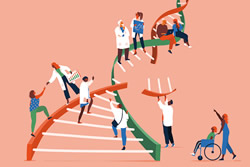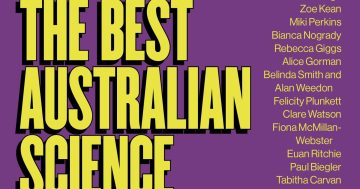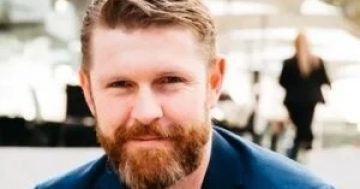 The University of Canberra (UC) has joined an international push to keep scientists and politicians away from reconstructing DNA because of the significance of the social and ethical implications of putting the technology to use.
The University of Canberra (UC) has joined an international push to keep scientists and politicians away from reconstructing DNA because of the significance of the social and ethical implications of putting the technology to use.
In a statement, the University said the implications of powerful DNA-altering technology were too important to be left to scientists and politicians.
“Designer babies, mutant mozzies and frankenfoods: these are the images that often spring to mind when people think of genome editing,” UC said.
“The practice – which alters an organism’s DNA in ways that could be inherited by subsequent generations – is both more complex and less dramatic than the popular tropes suggest,” it said.
“However, its implications are so profound that a growing group of experts believe it is too important a matter to be left only to scientists, doctors and politicians.”
“Writing in the journal Science, 25 leading researchers from across the globe call for the creation of national and global ‘citizens’ assemblies’, made up of lay-people, tasked with considering the ethical and social impacts of this emerging science.”
UC said the authors came from a broad range of disciplines, including governance, law, bioethics, and genetics.
“The immense potential, and threat, of gene editing was vividly demonstrated in 2018, when geneticist He Jiankui announced he had used the technology to create two genetically altered babies,” it said.
“Dr He was eventually jailed by Chinese authorities, but his rogue work threw crucial questions about gene-editing humans into the spotlight.”
It said the crucial questions went well beyond humans, as gene editing had the potential to offer a way to alter mosquitoes and wipe out malaria, boost crop resilience and reduce starvation, or produce pigs full of organs easily transplanted into humans.
Head of Australia’s Centre for Deliberative Democracy and Global Governance at UC, John Dryzek said the promise, perils and pitfalls of the emerging technology were so profound that the implications of how and why it was practised should not be left to “experts”.




